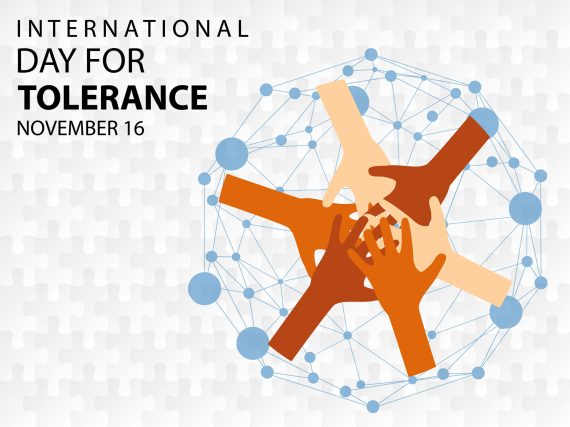On the International Day for Tolerance, the Office for Democratic Institutions and Human Rights (ODIHR) published hate crime data of 2016, including 5,998 incidents.
This year’s data, published on OSCE‘s website can for the first time be comprehensively searched, filtered and downloaded.
The 2016 data includes information on 44 participating States, 125 civil society contributions, official statistics of 34 states, covering of 48 states by civil society data, police statistics by bias motivation in 18 states and the UNHRC and the OSCE field operations.
“On the International Day for Tolerance, this is our contribution to support the important fight against intolerance and discrimination in the OSCE region,” said ODIHR Director Ingibjörg Sólrún Gísladóttir.
“We want to see participating States addressing all acts and manifestations of hate, including hate crimes, vigorously and in earnest. We stand ready to assist them and the more they report hate crime information to ODIHR, the better we are able to do so, whether by strengthening how they record, process and disaggregate hate crime data, or through other capacity-building programs for police and prosecutors” she added.
Recommended
According to ODIHR’s report, the 2016 data includes 2,154 racist and xenophobic, 1,661 anti-Semitic, 371 bias against Muslims incidents. Other incidents such as bias against Roma and Sinti, Christians, or people with disabilities were also listed.
States like Turkey, the US, UK and Russia were contributors to the data. Regional contributors included organizations such as the Ankara-based Foundation for Political, Economic and Social Research (SETA), the UN High Commissioner for Refugees (UNHCR) and the Anti-Defamation League (ADL).
“Incidents reported by civil society are also an essential element of our reporting. To properly reflect the richness of the data we receive, we have created a platform this year that allows users to filter and download data directly from our website,” said Gisladottir. “This means that researchers, local authorities and any other interested parties can access and use the data more easily and effectively.”
As the principal institution of the Organization for Security and Cooperation in Europe, ODIHR publishes hate crime data annually at hatecrime.osce.org.
*This report was written by Suna Nur Sarıhan.





